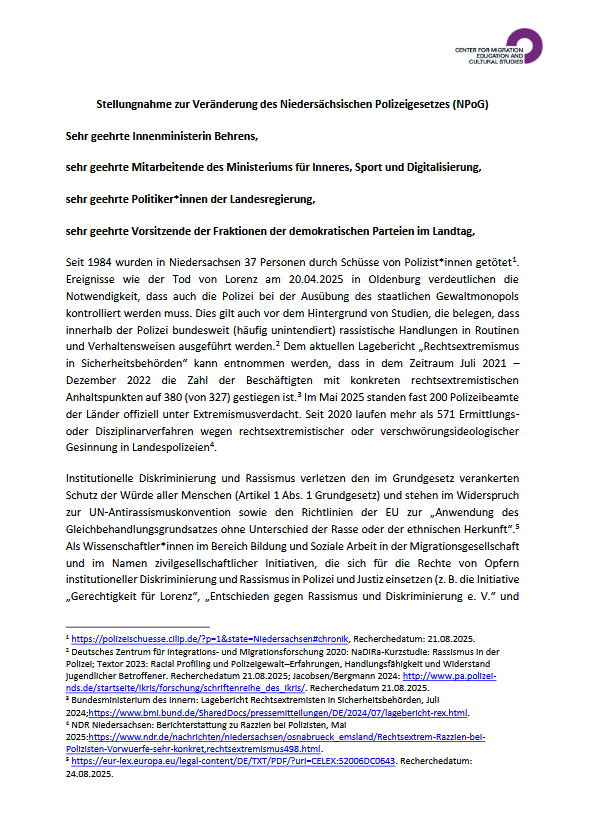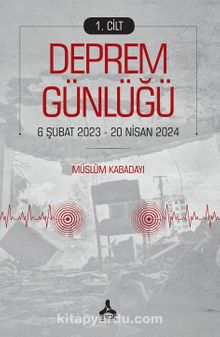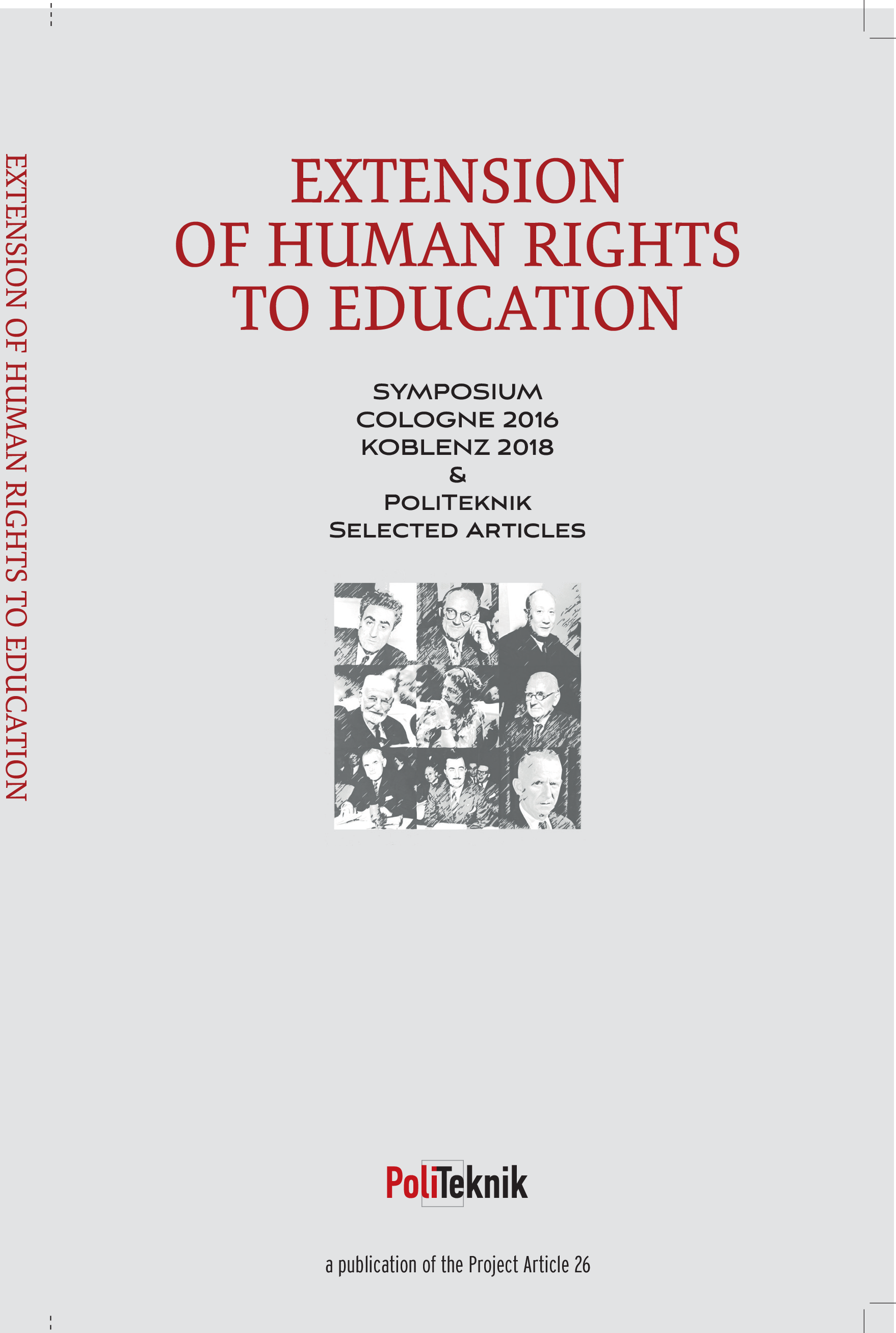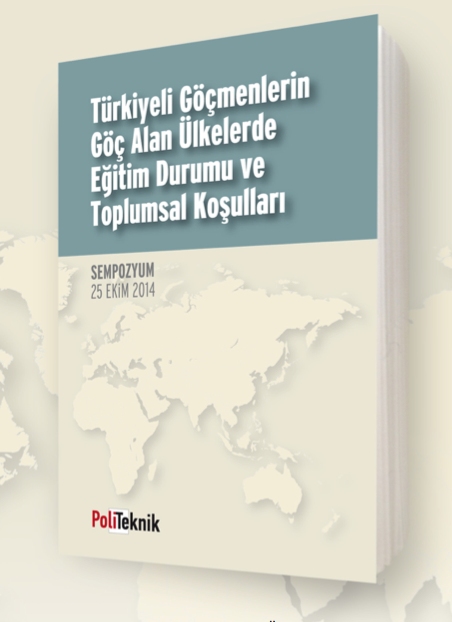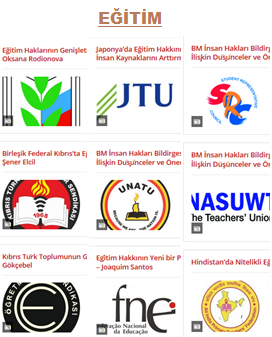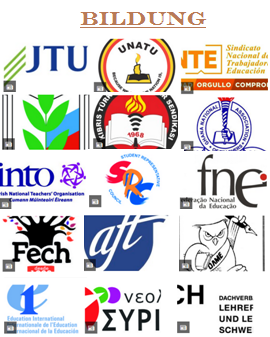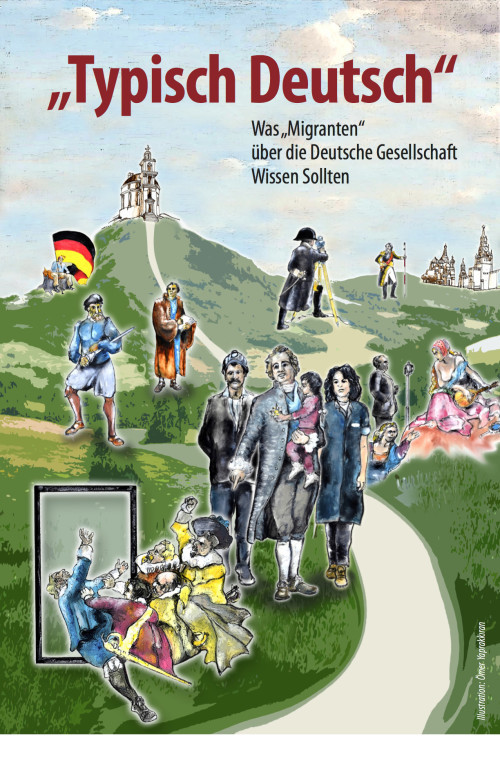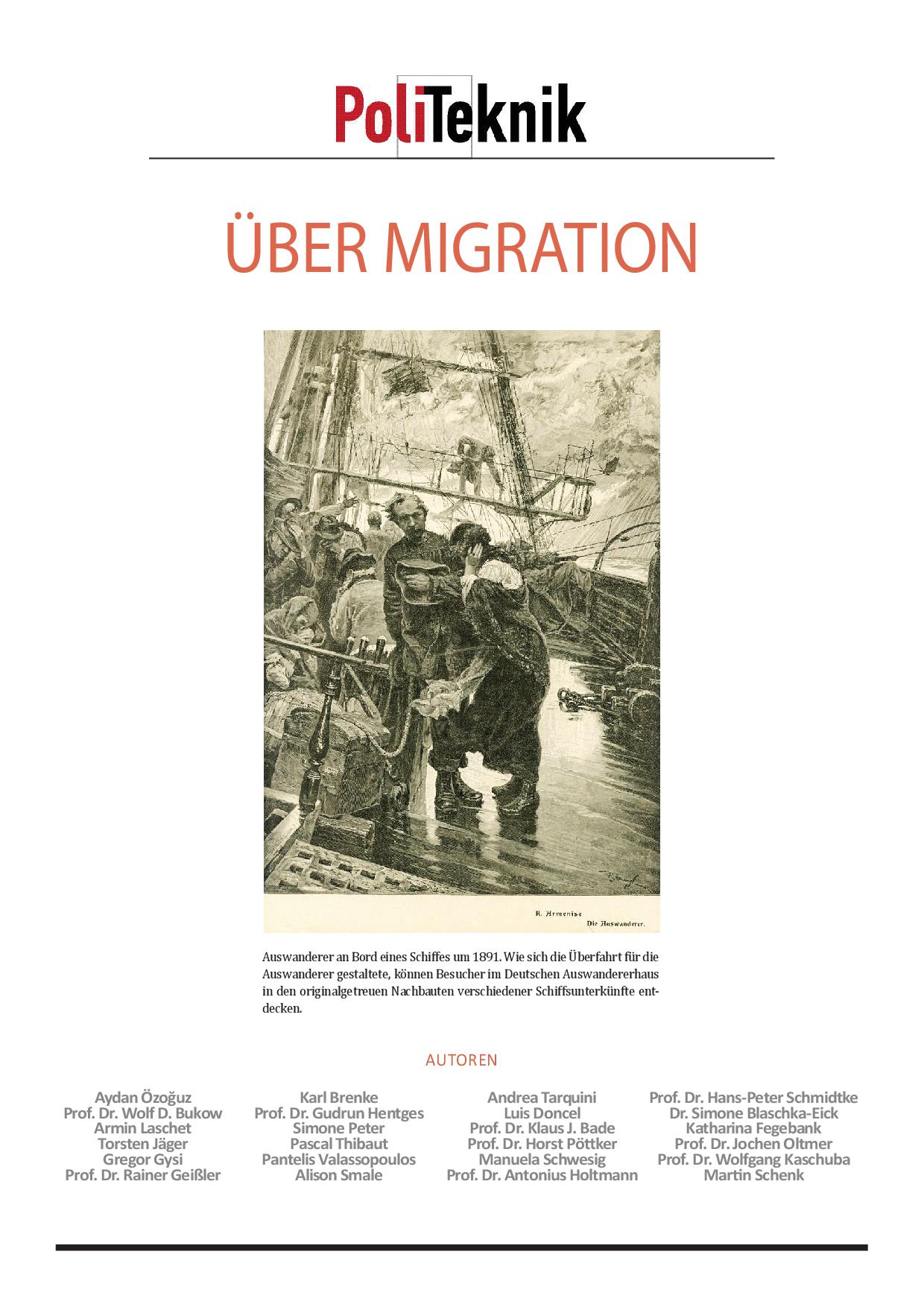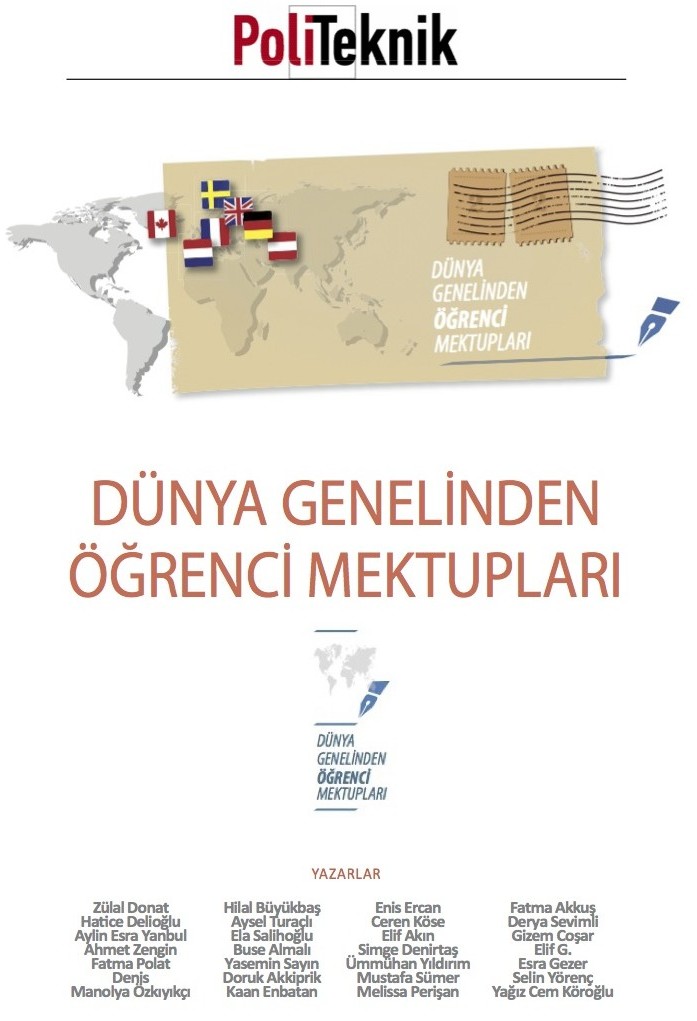Kumar Ratan
National Coalition for Education (NCE), India

Education is a tool of empowerment of individuals. Education is a tool of social change. Education is fundamental to economic development and to the improvement of the quality of human life. Above all, education is the key to human development, citizen rights, and democracy.
In modern liberal democracy education has become a fundamental right of children. In a developing country like India, “Right of Children to Free and Compulsory Education Act” has been enacted and thus ‘Right to Education’ has become a justiciable fundamental right. The provisions of RTE Acts are very important in ensuring right to education of children. The law emphasizes that it is the duty of the State to provide universal and free education to all children without any discrimination. Various measures have been taken by Government of India in this direction, which are very much commendable.
At the same time, it is being observed that the State has failed miserably in providing education to all sections of society. Vulnerable sections, the poor and the marginalised, subaltern groups and children with disabilities are still out of mainstream education system in India. There are various reports which underline this harsh reality. Anyone while traveling through cities and villages of India can observe children working as child labour in the market, girls working in households and children with disabilities left at home. Perhaps children with disabilities is the largest marginalised group which is not mainstreamed in regular schools in India.
As per census of 2011 data, 1.23 crore persons with disabilities in the age group of 0-29 years are without access to education. Out of these, 53.4 lakhs are girls and women with disabilities. Despite having legislation such as Right to Education, India has not been able to provide education to children with disabilities. Article 24 (1) of the UNCRPD creates obligation for State to:
i) Provide education to children, youth with disabilities on an equal basis with other children
ii) Provide that education within an inclusive system
A recent UN report says that out of 2.9 million children with disabilities in India, 990,000 children aged 6-14 years (34 percent) are out of school. It further says that the percentage is even higher among children with intellectual disabilities (48 percent), speech impairments (36 percent) and multiple disabilities (59 percent).
It is evident from the UN report that children with disabilities are invisible in the education system and the neoliberal emphasis on rollback of state has further made them invisible in the mainstream education system.
Children with disabilities are pushed towards further marginalisation by not admitted to regular schools. This despite the fact that in the past one decade there has been more awareness on the issue of inclusive education and the requirements of children with disabilities.
Inclusive education is a process that recognises i) the obligation to eliminate barriers that restrict participation and ii) the need to change attitude, policy and practice of the mainstream schools as per requirement of all children, including children with disabilities. For making inclusion possible, a school needs to be ready, i.e., there should be access to education in a disability friendly, barrier free and accessible learning environment. Teachers must be trained in inclusive pedagogy. The teaching and learning material should be friendly to children with disabilities. There should be a system of comprehensive and continuous evaluation rather than the traditional examination system for measuring progress of children in the school. Use of information and communication technology (ICT) could also be helpful in making the classroom more inclusive. The provision of scholarship and escort facility to children with disabilities helps in mainstreaming these children in regular schools. The community members and parents of children with disabilities must participate in school governance. This will lead to decentralised and localised school governance which caters to the need of all children, including children with disabilities. The concept of inclusive education needs to be broadened and it should move beyond mere universal enrollment. The issue of quality education and dropout rate of children should also be addressed.
Profit-driven private sector does not and will not take care of the education of children with disabilities in the mainstream system. The cost incurred in making school infrastructure disabled friendly, investment in disabled friendly teaching and learning material, and most importantly, hiring qualified and trained teachers is not preferred by profit-driven private schools. Children with disabilities are not easily given admission in these schools. The high fees in private schools further discourage parents of children with disabilities to enrol their children in schools. The low-cost private schools are neither sympathetic to the needs of children with disabilities nor equipped enough to make the school accessible.
In this situation the role of the State becomes crucial. The fundamental right to education of children with disabilities is the responsibility of the government only. The RTE Act is a landmark legislation but many challenges remain in ensuring Inclusive Right to Education.
Under pressure from corporates and business houses, education is being commercialised. There is growing international concern over privatisation of education. Highlighting the repercussions of privatisation on the principle of social justice and equity, Mr Kishore Singh, Special Rapporteur on the RTE, Human Rights Council, pointed out that privatisation breeds exclusion, as those who are disadvantaged are unable to access private schools. Without inclusion there is no quality education. Children with disabilities are often not encouraged by private schools to join.
The State is rolling back from the social sector, in India and other developing countries. There are cuts in budgetary allocation for government schools. Government schools are being closed and merged in different parts of India. The teachers are being reduced to contract workers and hired as part time. The teachers are insufficiently trained on inclusive education. Due to less budgetary allocation the school infrastructure is not barrier free. Forget the use of ICT in making classrooms inclusive, the majority of government schools have no basic facilities like safe drinking water, electricity, chairs, quality black boards and sufficient qualified and trained teachers.
To ensure inclusive and quality education for all, the role of the State needs to be reaffirmed. The government should ensure qualified trained teachers, barrier free access to school, disabled friendly teaching learning materials, sufficient financing, governance and inclusive policy, planning and use of ICT in schools. The commercialisation of education should be discouraged and profit-making private schools should be replaced by inclusive and efficient government schools. Only then the gaps in educational rights of children with disabilities can be filled and the goal of inclusive education achieved. That is necessary to make our world a just and inclusive place.



